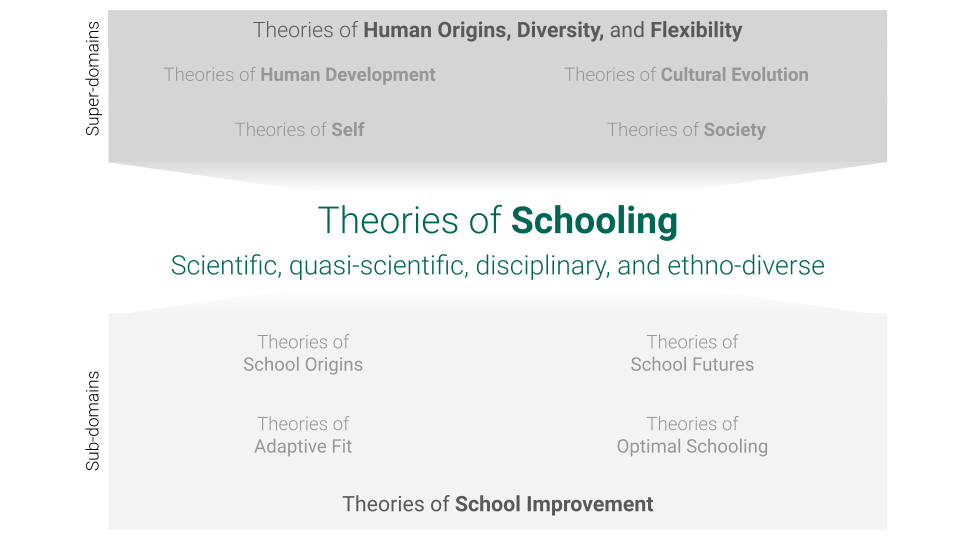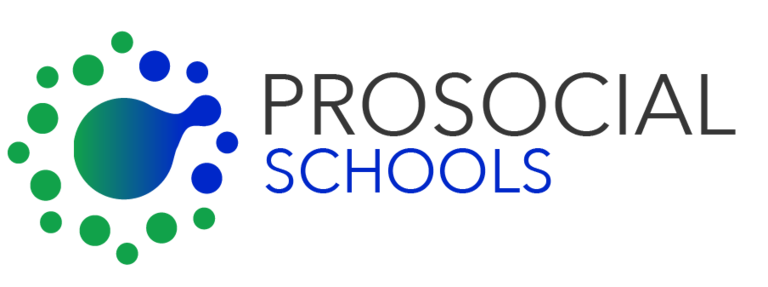Evolving Schools
The Evolving Schools project works to advance interdisciplinary research for exploring the values and everyday theories of students, teachers, and parents about the origins, purpose, and future of schooling in their community, and globally.
We are interested in the big questions about the nature of schooling as it relates to human origins, diversity, and flexibility.
Evolving Schools has a global scope, aiming to collaborate with school communities across cultural, social, and economic contexts.
The core project emerged in March 2020, from within the Community Science Lab at the Department of Comparative Cultural Psychology within the Max Planck Institute for Evolutionary Anthropology. Early iterations focused on student, teacher, and parent conceptions of the value and causal validity of highly egalitarian school models informed by perspectives in evolutionary anthropology.
Today, the Evolving Schools project is a frame for engaging students in the methods and resources for exploring evolutionary science perspectives on the origins and future of schools, more broadly.
Regional Workshop Models
Regional Workshop Models are collections of resources and ideas for teacher education and school innovation research groups to organize around as part of local school improvement strategies.

Theories of Schooling
Theories of Schooling All humans that grow up attending or adjacent to schools are likely to develop intuitive everyday “theories” about the nature, purpose, function, and potential optimization of schooling within society.
This exploratory work led to the conceptualization of Theories of Schooling as a broad construct representing the critical cultural dimension of how individuals and communities conceptualize the value and purpose of schooling in society.
The iteration moving forward builds on this work, but seeks to advance a more accessible protocol usable across developmental and cultural contexts.
By documenting the global diversity in Theories of Schooling, we can gain foundational insights into universal and culturally specific reasoning about a dominant source of cultural transmission, and simultaneously drive an innovative pathway towards community-based school improvement.
Project Goals
- To bring together interdisciplinary experts and cross-sector stakeholders (including teachers and youth) to look at how the science of cultural evolution can better inform educational content (e.g. science and humanities education), as well as educational context (the design of schools and learning environments), and the interactions between both.
- To organize and pilot locally adapted Regional Workshop Models as proof-of-concept for advancing Community-Based Cultural Evolution within school contexts.
- To support pathways for students of all ages to engage and develop their understanding of cultural evolution as a basic and applied science.
- To advance rapid and long-form ethnographic methods within a participatory community science framework for school improvement, informed by insights from cultural evolution science.
Related resources on OpenEvo
Schools as Field Sites
Schools as Field Sites Part of our Community Science Lab model involves the active development of conceptualizing schools as field sites for community-based cultural evolution.
Rapid Assessment
Rapid Assessment is a methodology for conducting rapid, reliable, and valuable assessments of school or community culture.
Community Science Lab
Community Science Lab Our Community Science Lab model engages school students in applied projects that seek to understand and improve elements of school culture and





